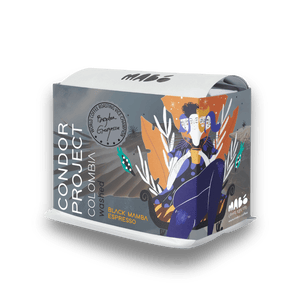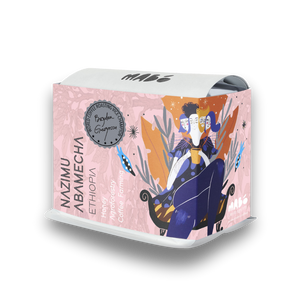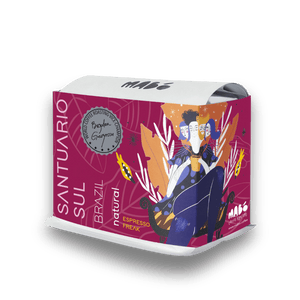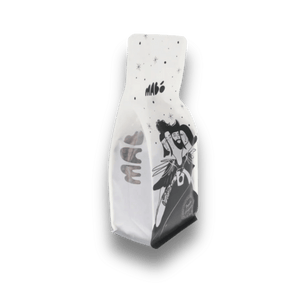
LAS BRISAS, Guatemala (Washed) Specialty Coffee
Tasting notes
Loyalty points
What else are we putting in the basket today?
| Origine | Guatemala |
| Regiune | New Oriente, Jalapa, Guatemala |
| Fermă | Las Brisas |
| Producător | Marvin Carias |
| Fermentare | Washed |
| Altitudine | 1600 – 1700m |
| Profil de prăjire | [] |
| Perioadă de odihnă | Filter 7 days | Espresso 14 days |
Open for more details
New Orient
New Oriente, located as the easternmost coffee-producing region of Guatemala, emerged as a relatively recent addition to the coffee-growing landscape about 70 years ago. Located in the Chiquimula department, near its borders with Honduras and El Salvador, New Oriente has devoted substantial efforts to stimulating the growth of its coffee economy. In the past, coffee cultivation was primarily undertaken by small producers, as a supplementary crop alongside others. However, the landscape has transformed over time, now featuring larger farms and improved accessibility facilitated by improved road infrastructure.
Characterized by a rainy, cloudy and temperate climate, the New Oriente region is positioned on an inactive volcanic range. The soils retain their richness, boasting a mineral balance with a notable concentration of metamorphic rock.


In 1990, Marvin purchased his initial plot of land in this region. Over the following decades, he expanded his holdings by purchasing various plots as his business flourished. Over the years, Marvin has improved farm practices, rejuvenated aging trees, and introduced a shade management system to increase the overall quality of the farm. Today, he oversees not only Finca Las Brisas, but also operates a wet mill.
Within the wet mill, Marvin is dedicated to ensuring judicious use of water, with a particular emphasis on meticulous processing of wastewater. Without proper treatment, wastewater poses a risk of contaminating both soil and water sources. Marvin’s innovative system incorporates eight wastewater ponds, culminating in clean water after the eighth stage of treatment. In addition, he uses a water pump to recirculate this purified water, contributing to a reduction in the mill’s overall water consumption.


Lot information:
The coffee undergoes a washing and drying process. After the pulping stage, the coffee is left to ferment for approximately 12 hours. It then undergoes a thorough washing before being placed on the terrace to undergo the drying process.
Marvin aspires to sustain growth and elevate the quality of the coffee produced on his farm. His commitment extends to incorporating increasingly organic and sustainable fertilizers, with a continued focus on incremental improvements each year.
According to Marvin, the positive impact of coffee extends beyond his own farm. In addition to growing coffee on Las Brisas, he is actively involved with the local community, purchasing cherries from neighboring producers and processing them for Primavera. Marvin points out that the coffee industry has not only increased income and employment opportunities for local coffee farmers, but has also catalyzed improvements in community infrastructure. As the local coffee economy expands, Marvin sees tangible improvements such as improved roads, better schools, and the establishment of a community health clinic.




















